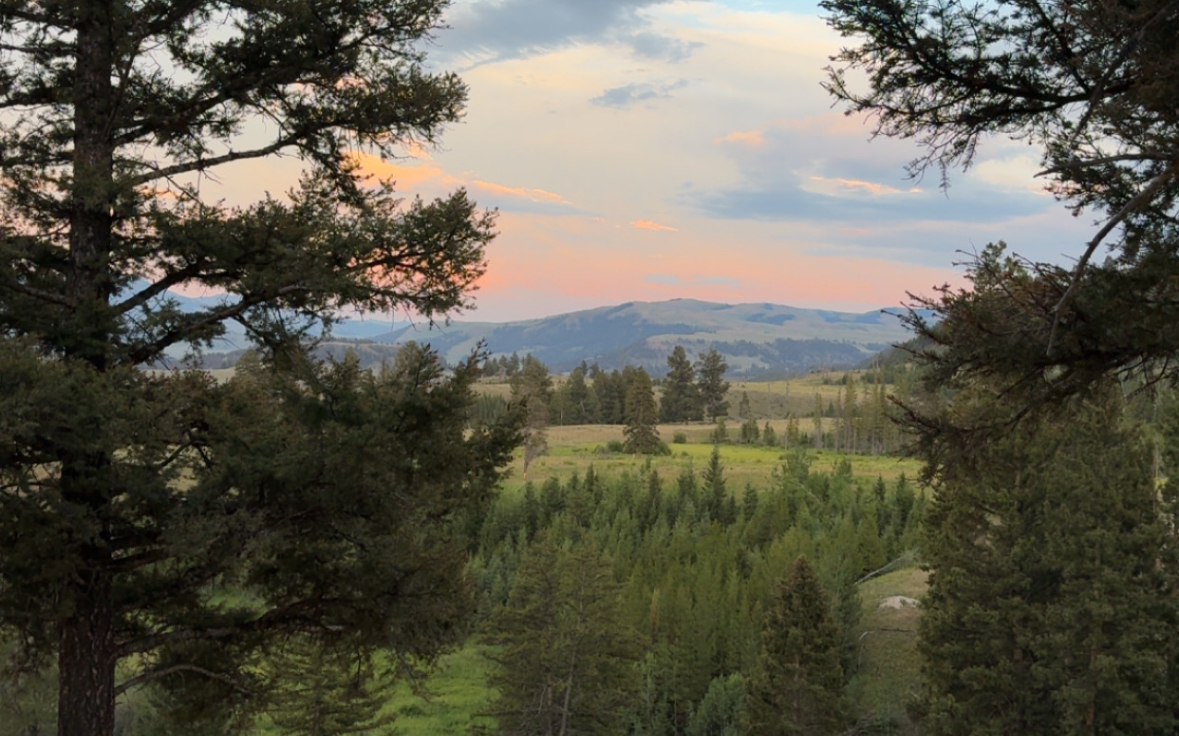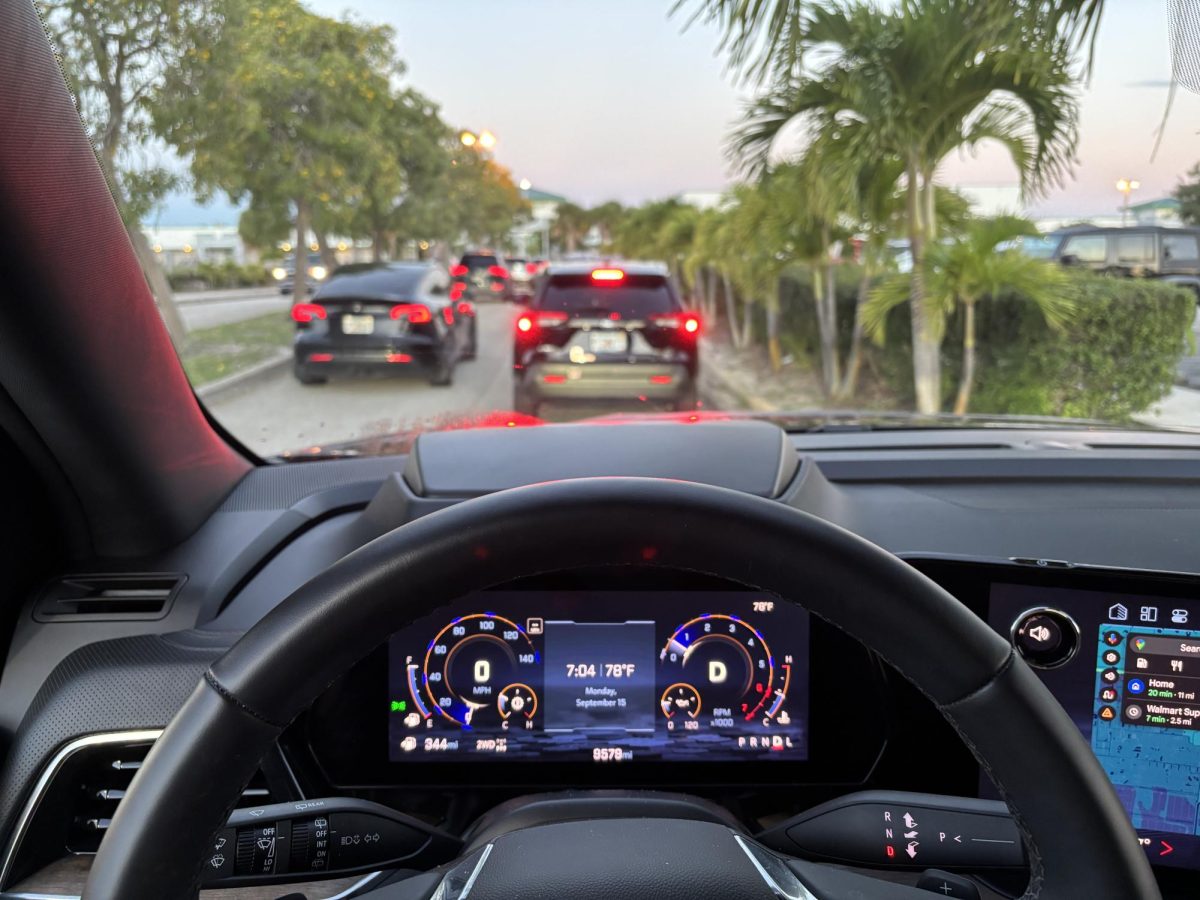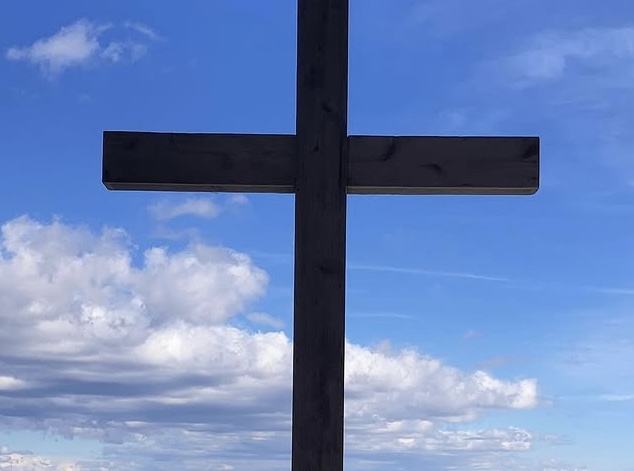As the world around us continues to evolve, climate change worsens without a solution, increasing the severity of natural disasters world-wide. Evidence of climate change is all around us, from the global temperature rise to the melting ice sheets in Antarctica; yet individuals remain completely unfazed by the possibly life threatening effects that our changing Earth has.
Climate change refers to the long term changes or shifts in the Earth’s climate that are warming our atmosphere, oceans and land. Climate change is mainly caused by the rising concentration of greenhouse gases in the atmosphere. The rising concentration of greenhouse gases in the atmosphere is caused by the burning of fossil fuels and the cutting down of forests and livestock, all of which is the result of human activity.
Greenhouse gases trap heat in our atmosphere. Certain gases absorb more heat than others and thus contribute more to increasing Earth’s overall temperature.
Scientists warn that if we don’t take action soon, it will be too late to help climate change.
“While the effects of human activities on Earth’s climate to date are irreversible on the timescale of humans alive today, every little bit of avoided future temperature increases results in less warming that would otherwise persist for essentially forever,” a study done by NASA said.
Climate change affects us daily, from differences in weather patterns to the increased severity of natural disasters, one example being the deadly Calif. wildfires in Jan. 2025. Though the fires themself were not directly caused by climate change, it certainly had a large impact on the severity of the fires.
Climate change increased the likelihood and intensity of the hot, dry, wind conditions that fueled the wildfire.
While wildfires definitely aren’t unheard of in Calif., “traditional” wildfire season begins in late May and ends in Oct., sometimes Nov. This means that this particular wildfire occurred outside of wildfire season.
Hurricane Helene, a local example taking place in Sept. of 2024, was also impacted by climate change. According to a study done by World Weather Attribution, rainfall associated with Hurricane Helene was boosted by 10% and intensified winds by 11% due to climate change.
“Climate change has definitely played a big role in natural disasters. It was the reason Hurricane Milton was so severe and why California’s suffering so much,” Ava Marcantonio, sophomore, said. “I think it’s only getting worse because we as a nation need to be actively trying to fix that,”
Human activities that contribute to climate change include but are not limited to: manufacturing, cutting down forests, increased use of certain modes of transportation, producing food, powering buildings and most prevalent in today’s society, the use of AI.
The way in which AI impacts the environment is far more complex than one may think. Between the data centres in which these machines are housed, the production of electronic waste produced by these said data centres and the resources needed to construct and power the machines, an AI generated response ultimately requires a large amount of energy, therefore significantly impacting the environment.
Though some of these things may seem impossible to function without, there are ways around them.
Methods of transportation that worsen climate change include cars, planes, ships and trains. Walking, biking, or taking public transportation, however, are much better for the environment, as they reduce greenhouse gas emissions.
Simply turning down the air conditioning/heating and turning off your TVS, lights and computers can help climate change, as this reduces the amount of energy being used.
“If everyone were to do those little things, I doubt climate change would be as big of a problem,” Marcantonio said.
The problem is us, but so is the solution.
“The first step in helping climate change is acknowledging that it is a real thing” Momo Yamakawa, 5 year volunteer at the Hobe Sound Nature Center, said.
“I believe that anyone, no matter their age, can rightfully petition the local or even state governments and get enough people to make officials feel pressured to sign climate change bills and make a difference,” Nathaniel Ratchford, sophomore, said.If everyone pitches in, we may have a chance at saving mother Earth. Whether it’s planting something or eating less red meat, everyone can help climate change- it’s just a matter of who cares enough to do so.








